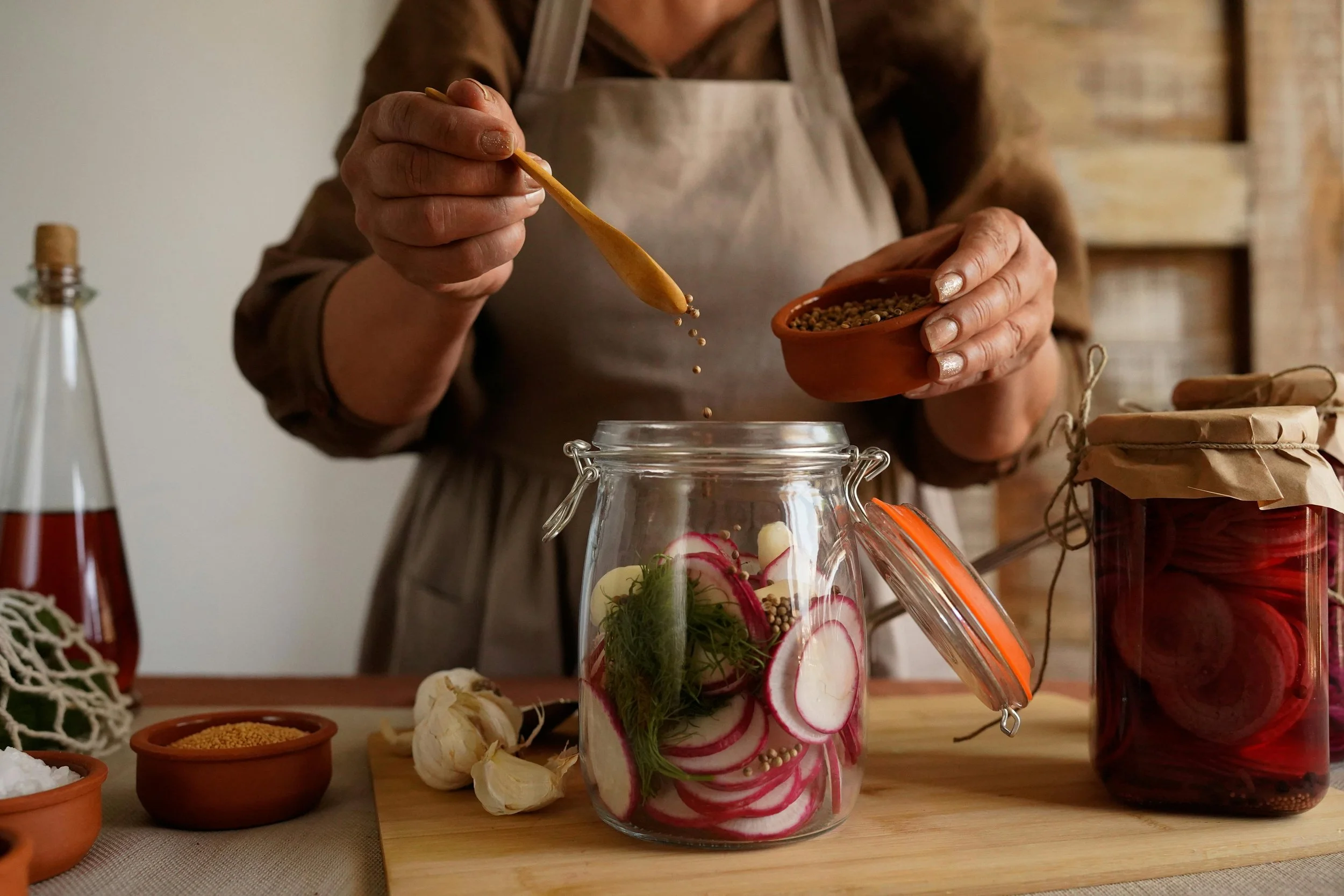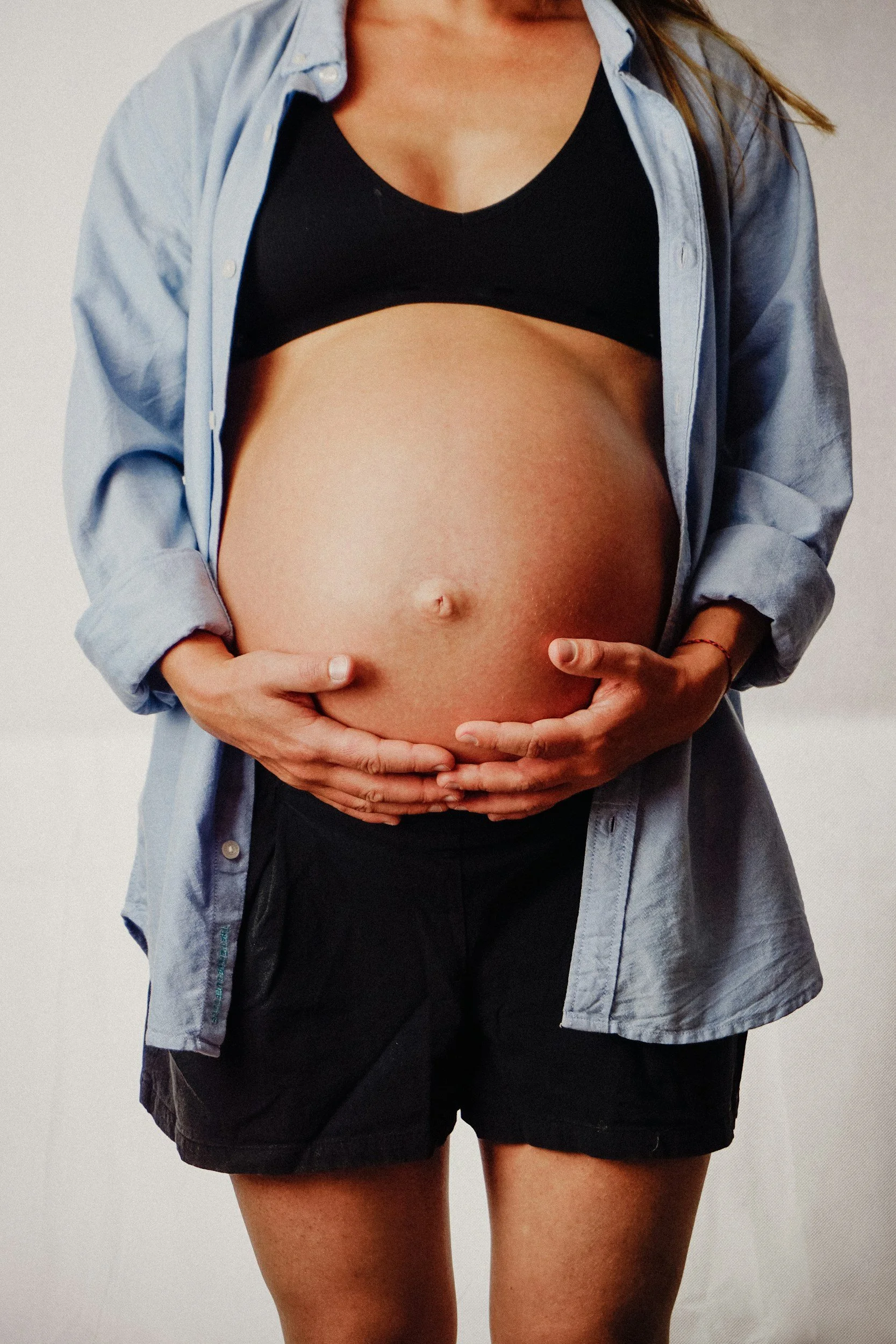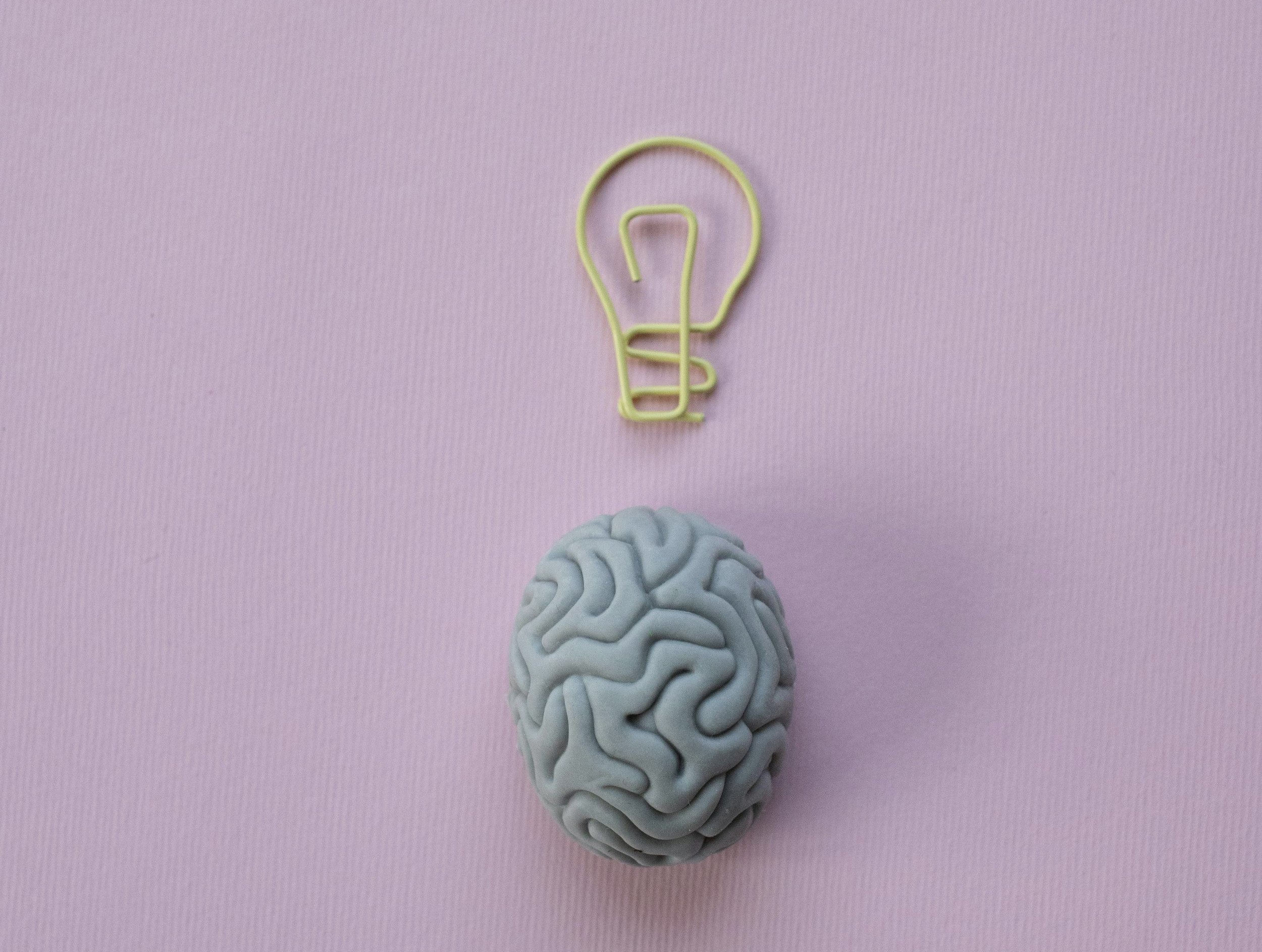
The Gut-Brain Axis: Why Your Microbiome Might Be Driving More Than Just Digestion
You’ve likely heard the phrase "gut feeling"—but what if we told you your gut was literally talking to your brain? That’s not just poetic, it’s biological. Welcome to the world of the gut-brain axis—an intricate, two-way communication system between your gut microbiome and central nervous system.
This connection influences far more than digestion. It has a proven role in regulating your mood, cognition, immune function, energy levels, hormonal signalling, and even reproductive health. During times of immense physiological change—like pre-conception, pregnancy, postpartum, and hormonal transitions—this axis becomes even mor

Instruments Used in Birth: What They Do, When They’re Used, and Why Understanding Them Matters
Instrumental birth is one of the most poorly understood aspects of modern maternity care. For many parents, forceps or ventouse are only introduced at the point they are recommended — often during an intense, time-pressured moment.
Yet these tools have clear clinical indications, specific mechanical functions, and predictable implications for birth experience and recovery. Understanding them antenatally allows parents to engage with decisions from a place of knowledge rather than fear.

Preparing for a Winter Pregnancy: Nutrition, Body Care & Wellbeing Tips
Winter brings cosy evenings, festive routines, and plenty of nourishing food — but it can also pose unique challenges for pregnant women. Colder temperatures, fewer daylight hours, an increase in seasonal viruses, and drier indoor heating can all impact your comfort, immunity, and overall wellbeing during pregnancy.
This guide brings together nutrition, body care, and wellbeing practices to help you feel supported, energised, and protected throughout the winter months.

Understanding hCG and Progesterone: Your First Pregnancy Hormones
When you first become pregnant, your body undergoes a remarkable hormonal transformation — a delicate, finely tuned process that sustains early pregnancy and supports the development of new life. Two key hormones take the lead in these first crucial weeks: human chorionic gonadotropin (hCG) and progesterone. Understanding their roles helps explain everything from positive pregnancy tests to the early pregnancy symptoms many women experience.

The Truth About Private Pregnancy Scans: What the Latest BBC Report Means for You
A recent BBC News investigation has put private pregnancy scan clinics under the spotlight, revealing serious concerns about unregulated providers giving false reassurance and missing critical issues in pregnancy.

Breastfeeding and the Vaginal vs. Abdominal Birth Connection: What the Science and Heart Say
Welcoming a baby into the world is one of life’s most profound moments. Whether born through the natural rhythm of vaginal birth or the surgical precision of a caesarean section, each birth story is unique, powerful, and deeply personal. But as research increasingly shows, the way a baby enters the world can influence early feeding experiences, microbiome development, and even immune resilience.
This isn’t about prescribing a “right” way—there is none. It’s about awareness, support, and understanding that all parents, regardless of how they give birth or feed their baby, can create a nurturing start for life.

My Cervix Wasn’t Cooperating: What I Learned About Effacement, Ehlers-Danlos, and the Cervical Stitch
I never thought much about my cervix—until pregnancy made it the main character in my story. Living with Ehlers-Danlos Syndrome (EDS), hypermobility type, I knew my connective tissue was different. What I didn’t expect was for it to affect the integrity of my cervix—and nearly cost me my pregnancy.

The Cortisol Curve: Stress Regulation and Adrenal Fatigue in New Mothers
Motherhood is beautiful—but it’s also biologically intense. Behind the midnight feeds and nappy changes, your body is managing something monumental: cortisol regulation. This essential hormone drives your ability to cope, adapt, and recover—yet for many new mothers, the cortisol curve gets disrupted. The result? Burnout, overwhelm, and in some cases, adrenal fatigue.

Neuroplasticity & Motherhood: How Your Brain Rewires Postpartum
Becoming a mother doesn’t just change your lifestyle—it quite literally reshapes your brain. Thanks to a powerful phenomenon called neuroplasticity, the postpartum period is marked by fascinating changes in neural structure and function. But what does this mean for your day-to-day life as a new mum?

Nutrient Partitioning in Pregnancy: Why Your Body Feeds Baby First
Pregnancy is often described as miraculous — and when you look at how the body manages nutrients, it’s not hard to see why.
From the moment of implantation, your body begins a process called nutrient partitioning. It’s a biological strategy that ensures your baby gets the nutrients they need to grow, often even at your own expense.

